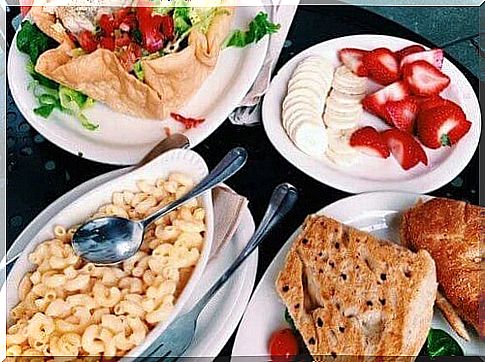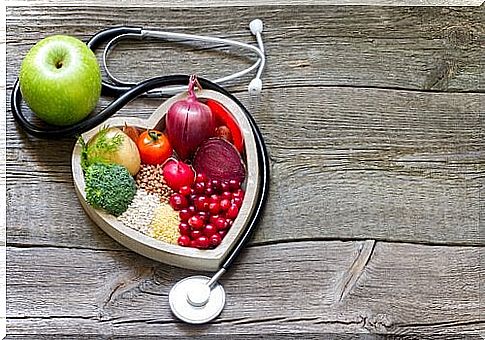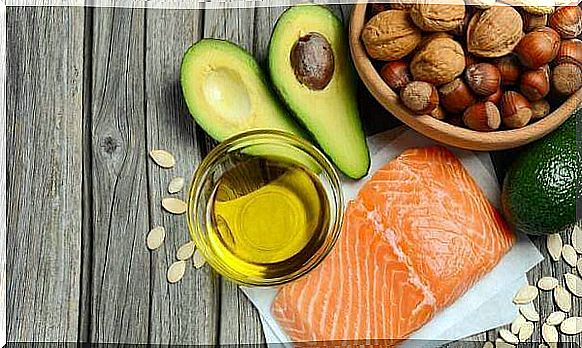Food Myths To Dispel

Nutrition is one of the areas where confusion reigns supreme. There are currently numerous theories, false reports and erroneous views on how we should feed ourselves. These, over time, have given rise to some food myths.
The result of these beliefs is to create confusion in many people who intend to undertake a weight loss diet or simply a healthier diet.
Over time, these food myths have been disproved by various scientific studies. In this article you will find an explanation for each of them as to why they were validated in the past, but then denied.
Food myths: how are they born?
Nutrition, like psychology or medicine, is a science closely linked to the human being. As a result, it often happens that clinical studies that give correct results on paper do not reflect them in practice.
This makes the development of knowledge much more difficult in this area than in other fields, such as physics or chemistry where the rules on experimentation are much less restrictive.

Most nutrition studies are based on statistics. And, although the data provided by these mathematical techniques are very useful, in general they do not allow us to establish causalities. That is, most of the time we fail to know why a certain result occurs.
This is one of the reasons why most food myths persist over time: until a clinical study is performed, the data obtained on nutrition is incomplete. This relatively young science does not yet have all the answers as to what is healthy and what is not.
The fact remains that in recent decades there has been an explosion of knowledge in this regard, mainly due to the obesity epidemic that has broken out in developed countries. Let’s see in the following paragraphs what are the main food myths that have only recently been considered such.
1- Eating too many eggs is bad for you
One of the main food myths concerns eggs, which is that eating too many of them (especially egg yolks) can cause various health problems. The idea lies in the belief that the consumption of cholesterol causes the increase of that already present in the body. Sounds logical, doesn’t it?
Well, recent studies have shown that cholesterol levels in the body are not affected by this food. Today we know that our body produces this substance four times more than we would be able to take with food in a day.
The contribution of eggs to the diet is not at all relevant in this sense. An interesting aspect to study would be the impact of the foods with which we accompany eggs.
2- Fats make you fat
Another major dietary myth is linked to the belief that consuming too much fat makes you fat. It is now known that it does not work exactly like this.
The belief comes from counting the calorie intake of each macronutrient. While carbohydrates and proteins contain four calories per pound, fats contain nine. It is therefore logical to think that to lose weight it is preferable to eat the first two nutrients more than the last.
However, recent studies indicate that including in your diet the consumption of fat within normal parameters not only does not make us fat, but can also help us lose weight.
This happens because these substances are involved in fundamental processes related to weight loss, such as the production of testosterone, the feeling of satiety or the acceleration of the basal metabolism (the speed at which we naturally burn calories).

3- Breakfast is the most important meal of the day
A famous saying sums up one of the main food myths: “have breakfast like a king, have lunch like a prince and dine like a poor man”. This saying is based on the old belief that having a rich breakfast is essential to make the best of the day.
While a nutrient-rich breakfast (such as vegetables and protein) can give us energy throughout the day, the truth is that the typical Western breakfast produces the opposite effect. Sweetened cereals or brioches produce an insulin spike which only guarantees short-term energy.
The two alternatives most recommended by experts are:
- Consume foods that are low in sugar, but not low in fat and protein.
- Skipping breakfast, practicing the now known intermittent fasting.
Our considerations on food myths may have surprised you, but science is always providing us with new evidence to verify the validity of our beliefs. Who knows what we will discover in the future about this field which is so important for our health. For now we know for sure that “we are what we eat”.









